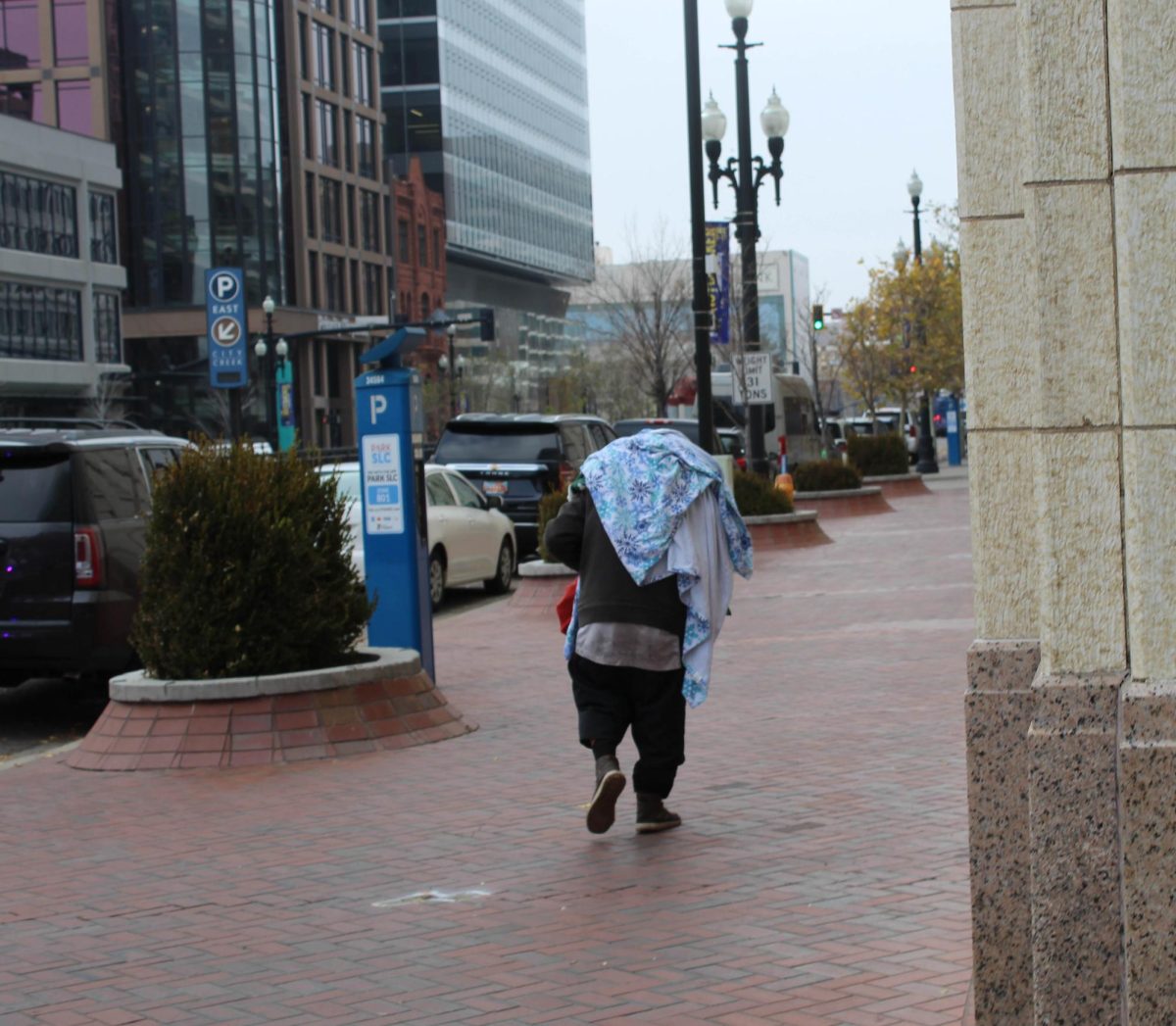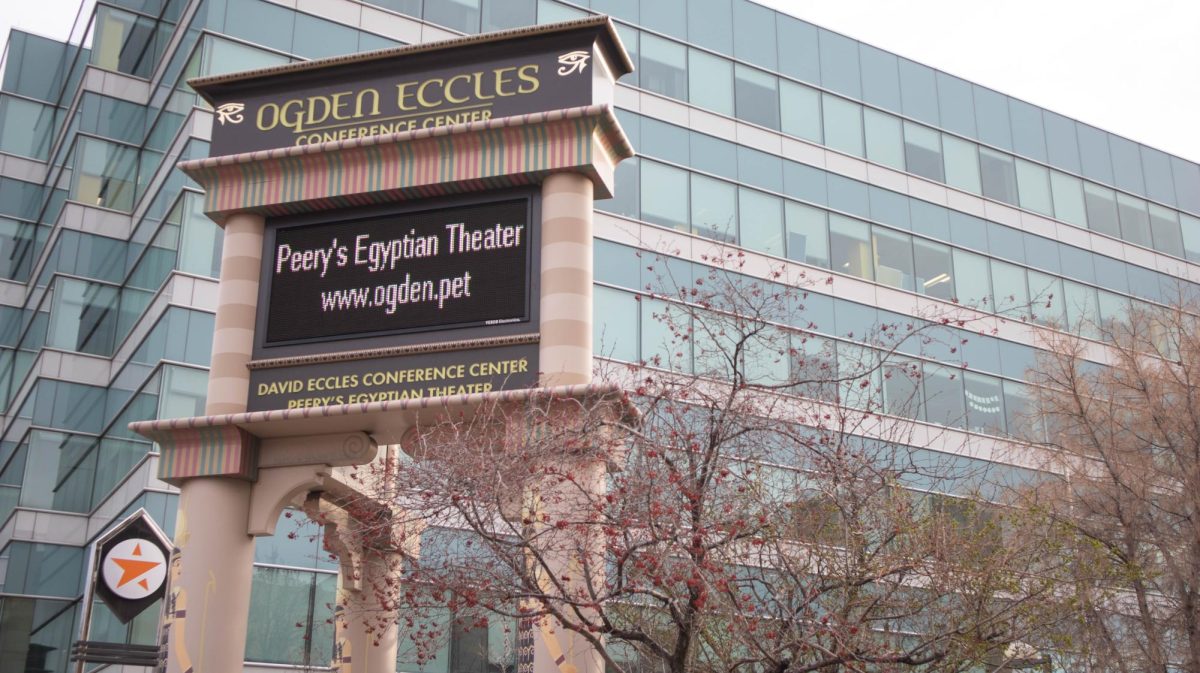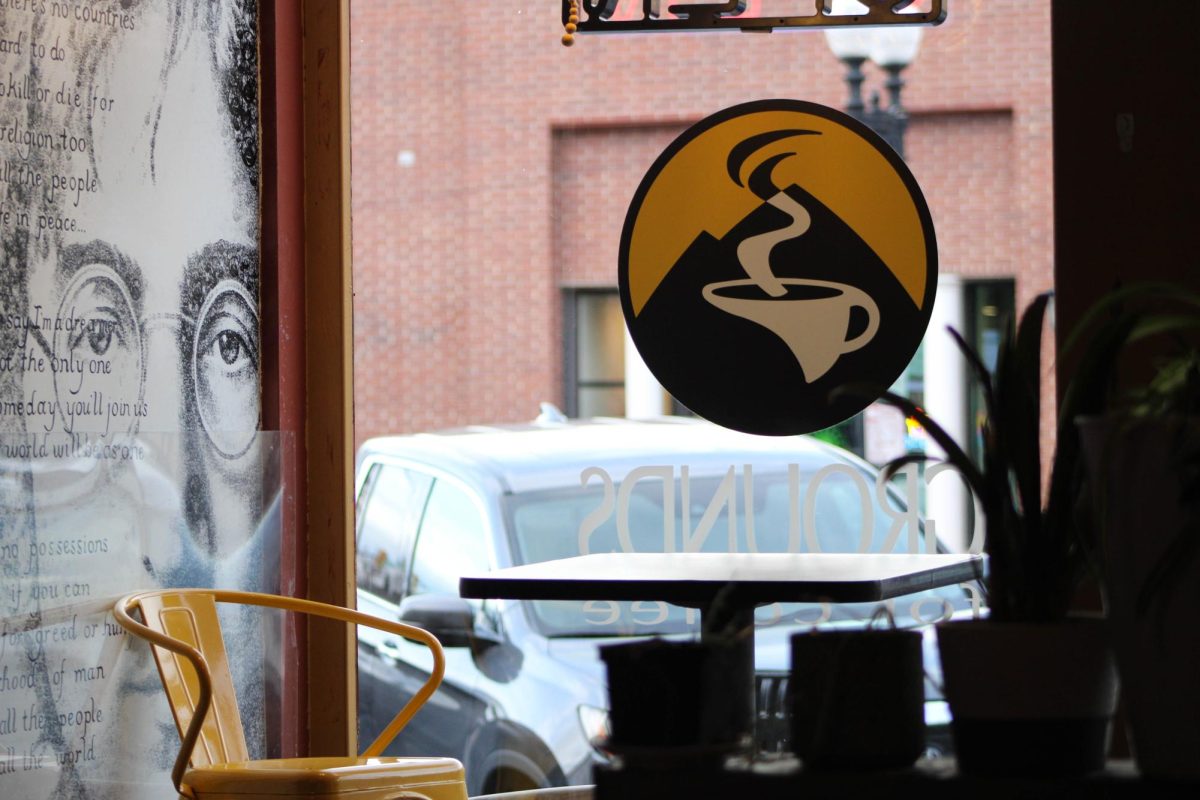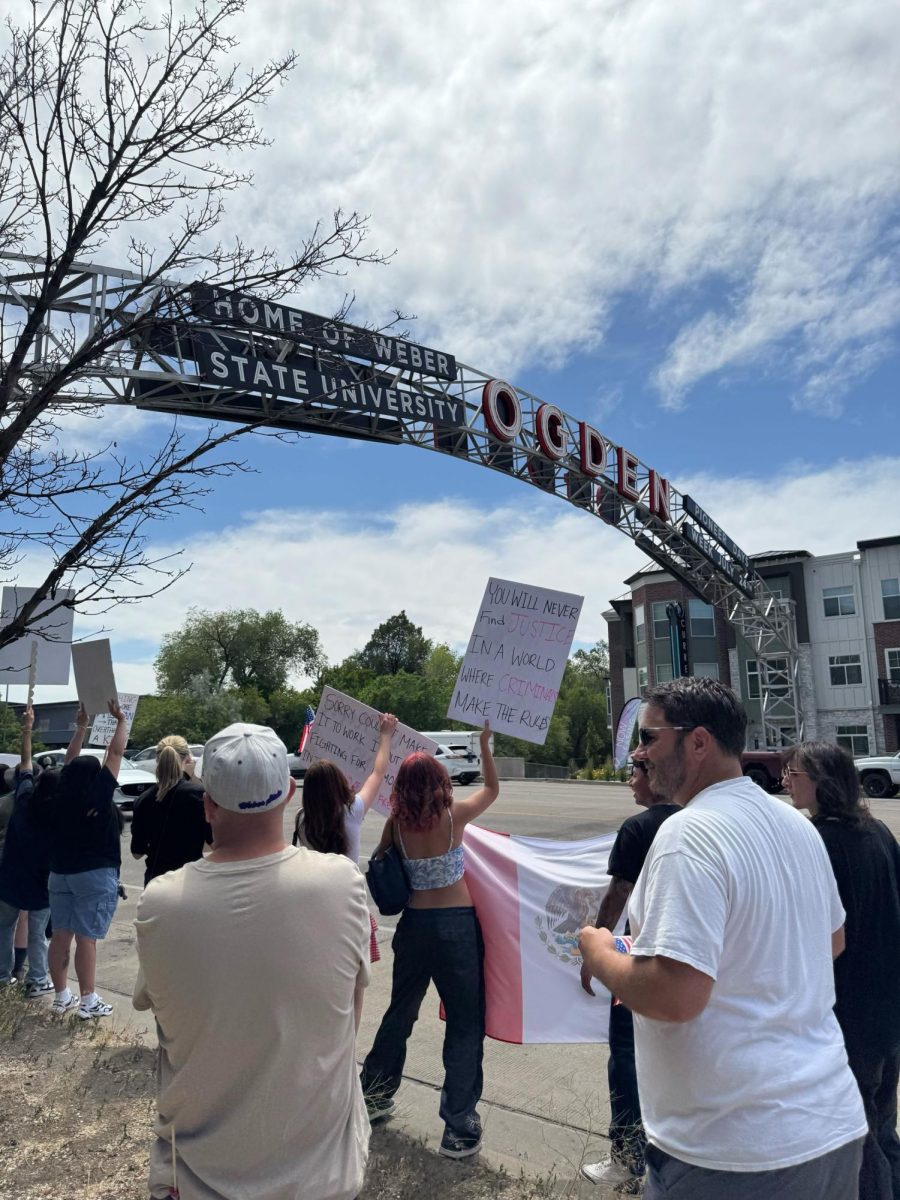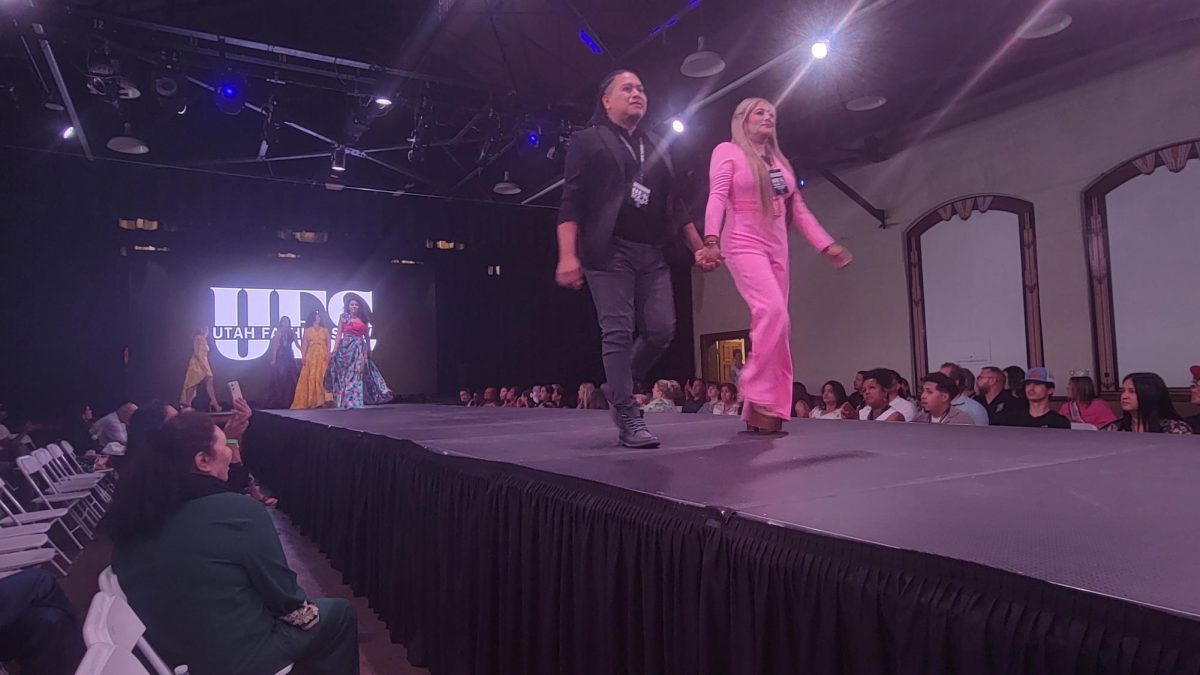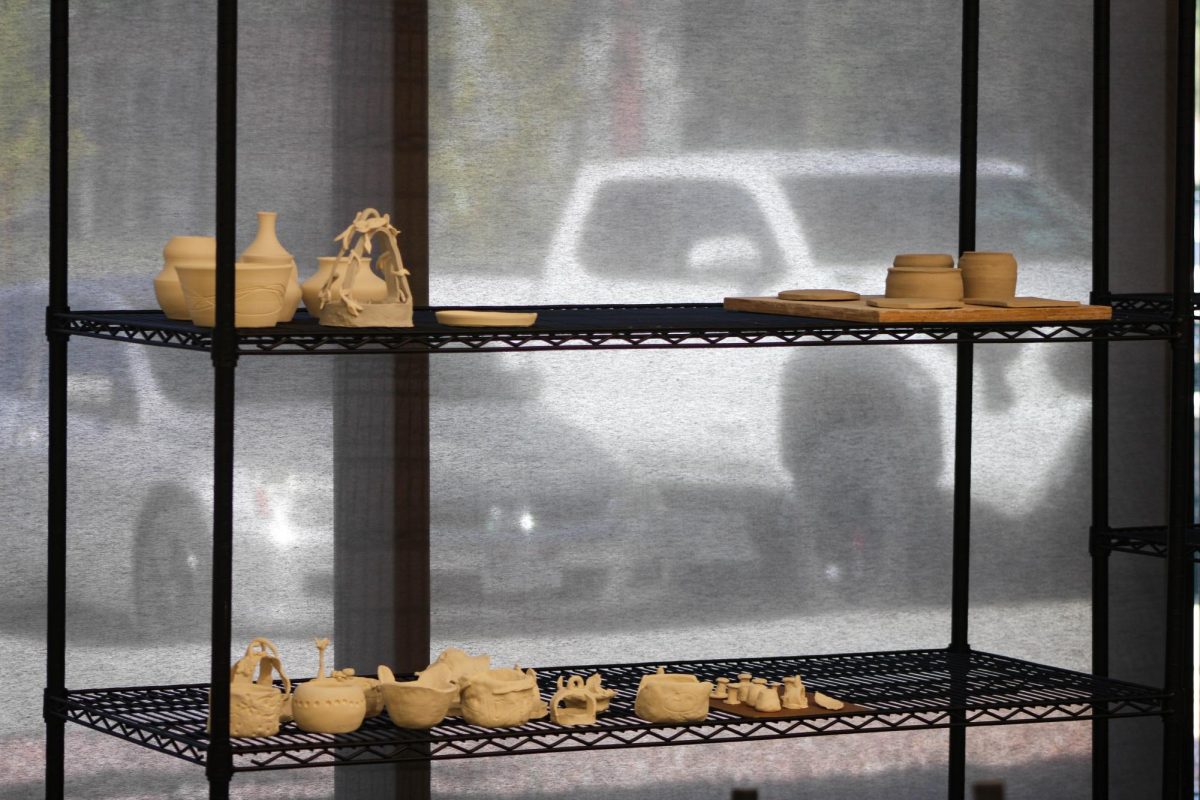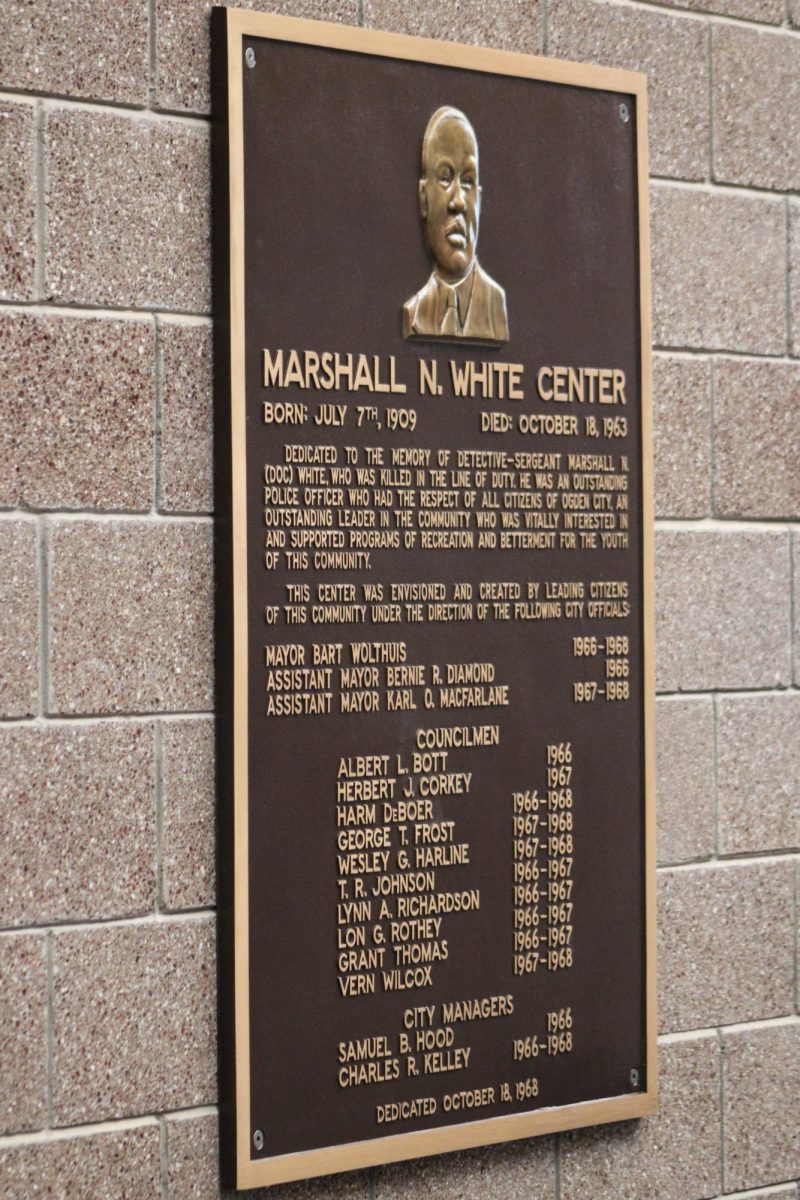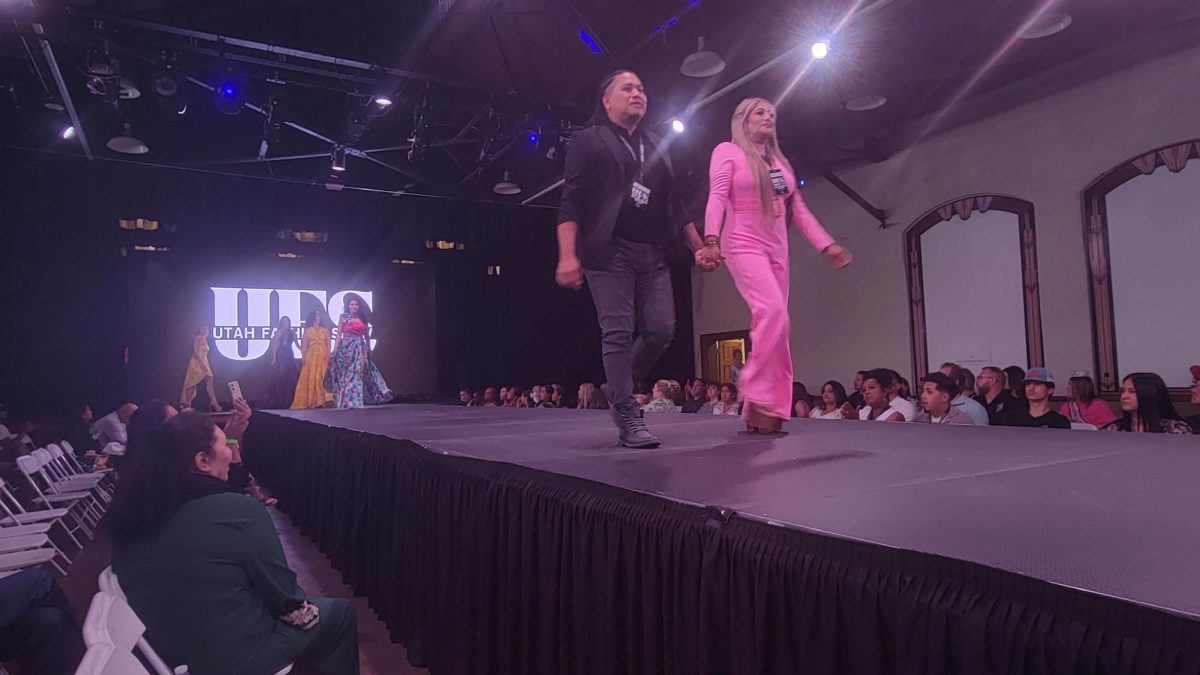The United Kingdom has never truly considered itself to be European, and instead referring to their neighbors as the “continent.” And unlike it’s neighbors, the UK has never opted to replace the Pound with the Euro, but this divide has reached the breaking point — Brexit, or Britain exiting the EU.

The UK joining the European Economic Community in 1975 began to further strengthen ties between the British Isles and Europe, and now the kingdom that once ruled half of the world wants to separate itself from it.
On June 24, the UK voted in a referendum to leave the European Union. 51.89 percent of voters voted to leave. The Brexit is now official.
Why though? How can a country that once ruled half the world leave an organization that has created the most peaceful Europe in centuries?
An unstable Syria has led to the worst refugee crisis since World War II. Two violent conflicts have plagued the nation: a civil war between a Russian-backed government and US-backed rebels —creating a proxy war— and ISIL, the so-called Islamic State which has been responsible for terrorist attacks around Europe and the Middle East.
Refugees fleeing these conflicts have endured crossing the Mediterranean Sea with no security of arriving safely to their destination, or have crossed through eastern European countries, such as Albania and Macedonia, only to be met with backlash from governments.
Fears of being able to financially support these millions of refugees and fears of receiving terrorists have prompted governments to place quotas or altogether blocked refugees from entering their countries. Most of these quotas were agreed upon in the European Parliament in Brussels, and not in the countries themselves.
These types of actions have caused citizens of various countries to question their country’s sovereignty and the power of the EU.
UK’s Independence Party, or UKIP, has spearheaded the campaign for the UK to leave the EU since 1993, stating on their website, “But the EU is only the biggest symptom of the real problem — the theft of our democracy by a powerful, remote political ‘elite’ which has forgotten that it’s here to serve the people.”
Now that the referendum has passed, Britons have slowly come to realize their folly. The following days after the reform, one of the top Google searches was “What is the EU?” This caused some to wonder if voters knew for what they were voting in the referendum.
“During this referendum campaign I said I want my country back,” said Nigel Farage, the The UKIP leader and architect of the Brexit. “Now I just want my life back.” In the same July 4 London press conference, Farage resigned as the UKIP leader.
The question that remains, then, is what next for the UK? Do they go back on their vote and rejoin the EU or will they stick to the democratic decision they have made? Only time will tell.




